Capital Markets
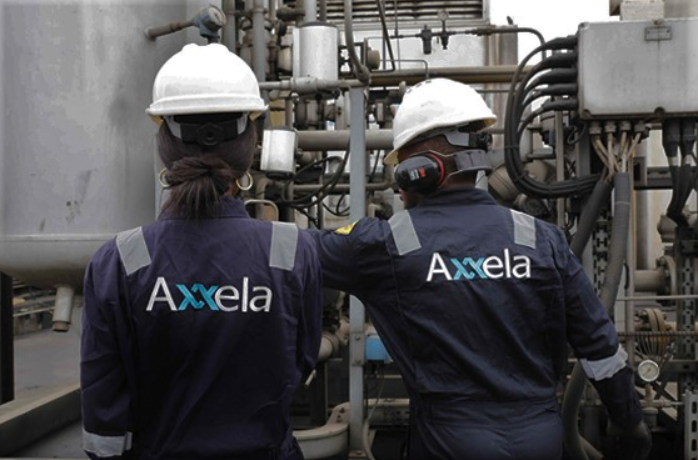
Axxela’s new gas plant to expand Nigeria’s gas infrastructure following bond success
Axxela Limited, a leading African gas and power company owned by Helios Investment Partners and Sojitz of Japan, has announced a Final Investment Decision to develop a 50 million standard cubic feet per day (MMscf/d) gas processing plant in Delta State, as it pushes towards sustainable energy solutions in Nigeria. This decision is bolstered by Axxela’s successful ₦16.4 billion bond issuance earlier this month, which was oversubscribed by 109 percent. The announcement comes as Axxela continues to expand its footprint in the energy sector, following last year’s agreement with BUA Group, one of Africa’s largest conglomerates, and CIMC ENRIC, a global leader in the energy equipment industry, to build a 700-ton-per-day mini liquefied natural gas (LNG) project. The new gas processing plant, expected to begin operations by the end of 2024, will start with a 12 MMscf/d modular unit and is designed for rapid expansion, with the potential to increase the plant’s output to 50 MMscf/d within 18 months. It is a key part of Axxela’s strategy to support the Nigerian government’s Decade of Gas initiative and to enhance domestic gas utilization. Strategically located in OML 152, the gas processing plant is expected to serve as a central processing hub for surrounding oil & gas operators, with the potential to transform gas flaring into a valuable economic resource, and significantly reduce CO2 emissions. “We are positioning to develop requisite infrastructure for natural gas processing and last mile distribution that creates market access for at least 20% of Nigeria’s gas demand,” Axxela’s Director of Business Development, Franklin Umole, said in a company statement. “Over the past two decades, we have been at the forefront of natural gas advocacy, and this project is a further reaffirmation of our dedication to gas infrastructure development and our vision to deliver innovative energy solutions across Nigeria and Africa.’’ In preparation for the project, Axxela has secured a long-term feedstock supply agreement with a leading local upstream company and established equipment supply arrangements with top-tier Original Equipment Manufacturers (OEMs). Upon completion, the processed gas will support various market segments, including Compressed Natural Gas (CNG) for vehicles, industrial feedstock, and decentralized power solutions, marking a significant step towards energy security and economic growth in Nigeria. Boost from successful bond issuance In a related financial achievement, Axxela recently raised ₦16.4 billion in an oversubscribed bond issuance, despite challenging economic conditions marked by rising interest rates and limited market liquidity. The funds will be instrumental in realizing the gas plant project. “This is a significant indicator of increasing investor confidence in our company’s reputation, brand, and performance,” CEO at Axxela Bolaji Osunsanya said. “The bond proceeds will support the development of our growth projects, signifying the importance of local and international capital markets in the development of critical infrastructure.” With the FID and successful bond issuance, Axxela looks to advance Nigeria’s gas infrastructure, support the energy transition, and meet the increasing demand for cleaner energy solutions.
Read more »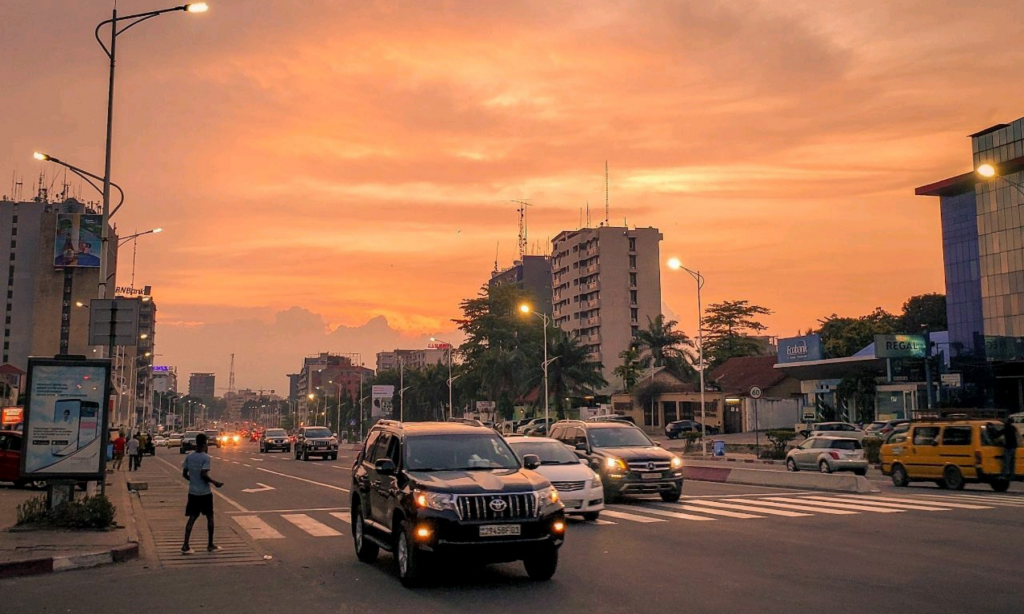
TCX and FMO issue first ever offshore Congolese franc note
Yesterday, the Dutch entrepreneurial development bank (FMO) issued on the Luxembourg Stock Exchange the first ever offshore Congolese franc note, with a countervalue of $20m (or about FCFA 40bn) and 14-month tenor. The issuance of the AAA-rated note was supported by TCX, a fund specialised in shielding international lenders and their local borrowers in emerging and frontier markets from exchange rate volatility. By providing FMO with a Congolese franc currency hedging solution at the time of bond issuance, TCX took the currency risk ensured that its Congolese franc bond was converted into US dollars. The bond is a synthetic one, meaning it was issued as an asset in Congolese franc, but the reconciliation of all cash flows is done in US dollars. The investors who acquired this asset bought a bond with the triple-A credit rating of FMO, but with a coupon reflecting the risk exposure of the Congolese market.
Read more »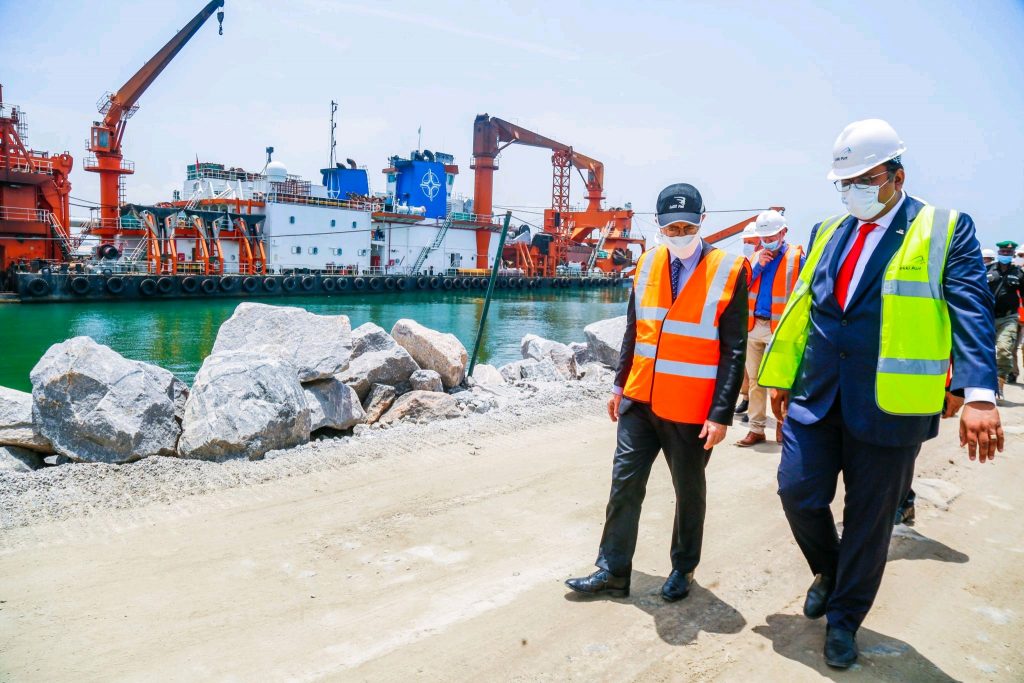
Nigerian institutional investors back bonds issuance from country’s leading free zone
The Lagos Free Zone Co. (LFZC), a subsidiary Singaporean conglomerate Tolaram, has successfully issued a NGN 10.5bn 20-year Series 1 Senior Guaranteed Fixed Rate Corporate Infrastructure Bonds, the company said today. The issuance falls under a NGN 50bn debt issuance programme aimed at securing financing to expand what has become Nigeria’s most modern and integrated free zone, located on the outskirts of Lagos. The Lagos Free Zone is being developed along with the Lekki Deep Sea Port and will be the largest integrated port-based economic zone in Nigeria. It is being developed over 830 ha as part of a $2.1bn investment commitment by Tolaram, of which about half has been invested already. The company is expected to complete the deep sea port in 2022, at the same time when it would lay out a piped gas supply and distribution network to provide energy to its tenants. The port is currently under construction by the China Harbour Engineering Co. (CHEC) and will have its container terminal operated by CMA Terminals. Its Phase 1 development involves 2 container berths and one dry bulk terminal, with a capacity of 1.2 million TEUs and a draught of 16.5m. The bonds issuance announced this week is significant for Nigeria where unlocking domestic institutional capital remains a priority to bridge the infrastructure financing gap. The bond was backed by an irrevocable and unconditional guarantee from InfraCredit and was accorded a ‘AAA’ long term credit rating by Agusto and Co. and GCR, reflecting the highest degree of creditworthiness for these bonds. It was also oversubscribed by institutional investors including eleven domestic pensions funds, two insurance firms, banks and HNIs. “The transaction is the first 20-year non-FGN Bond issue in the Nigerian debt capital market and the first Securities and Exchange Commission approved Infrastructure Bond for the development of an industrial hub” LFZC said in a statement. Source: PenCom The latest data available from Nigeria’s National Pension Commission shows that the country’s pension funds have continued to shy away from investing in infrastructure funds. Despite a YoY growth of pension funds’ investments into infrastructure funds of +23% between July 2020 and July 2021, they still represent only 0.52% of Nigerian pension funds’ overall investment portfolio.
Read more »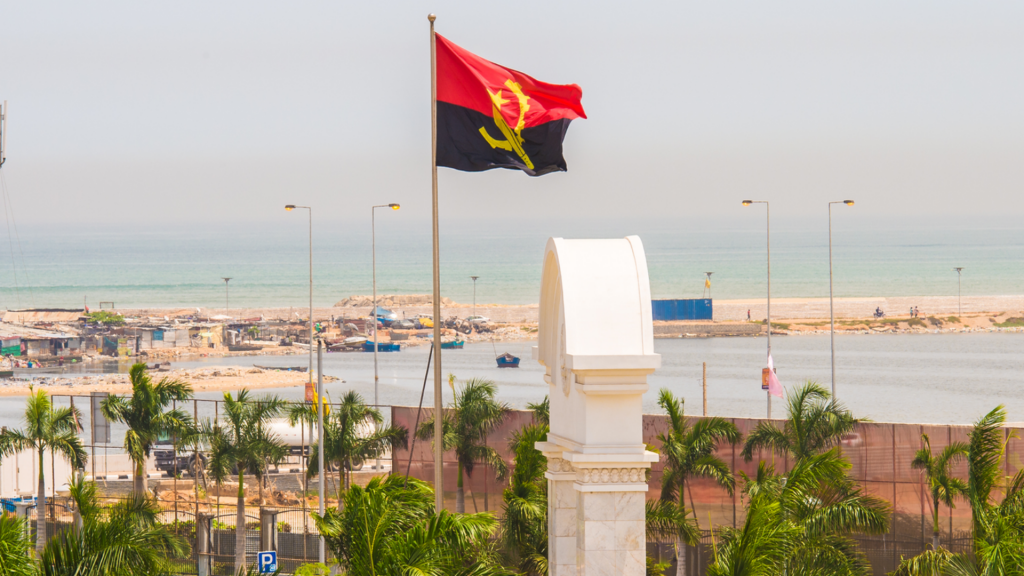
Moody’s upgrades Angola’s long-term issuer ratings
Moody’s Investors Service had just upgraded the Government of Angola’s foreign and local currency long-term issuer rater from Caa1 to B3 while maintaining a stable outlook for the country. Moody’s upgrade follows the improvement of Angola’s credit profile on the back of stronger governance and better fiscal management. In particular, Moody’s expects a continued improvement in the country’s fiscal metrics and liquidity and funding risks, especially because of higher oil prices and a stable exchange rate with the Kwanza. As a result, Angola’s local currency (LC) and foreign currency (FC) country ceilings have been raised to B1 and B3 from B2 and Caa1 respectively. “Assuming that oil prices remain around $65/barrel this year and next and around $45-65/barrel in the medium term, with a relatively stable kwanza, Moody’s expects the government debt-to-GDP ratio to decline to 95% this year and below 80% in 2023, from 122% in 2020,” Moody’s said in a statement yesterday. The company further expects the debt-to-GDP ratio to approach 60% by 2025 while the debt-to-revenue ratio could fall to around 300% from 586% last year. A positive improvement is notably seen in the country’s liquidity risks. While Angola’s government borrowing requirements rose to almost 18% of GDP in 2020, they are expected to go down to below 10% of GDP in 2021 and 2022. This is notably the result of continued debt restructuring efforts along with fiscal consolidation. Source: MinFin Finally, the country’s external position can now rely on the stabilization of its exchange rate, with the Kwanza relatively stable at AOA 650/USD since the end of 2020 compared with AOA 165/USD at the end of 2017. While the exchange rate’s liberalization has been an eventful journey, the currency is stabilizing as oil prices recover, which in turns improves Angola’s external position. “Moody’s expects the current account surplus to exceed 5% of GDP in 2021 and to remain in surplus in the coming years. This is explained in part by the rebound in oil prices but also by the structural reduction in the import bill,” explains.
Read more »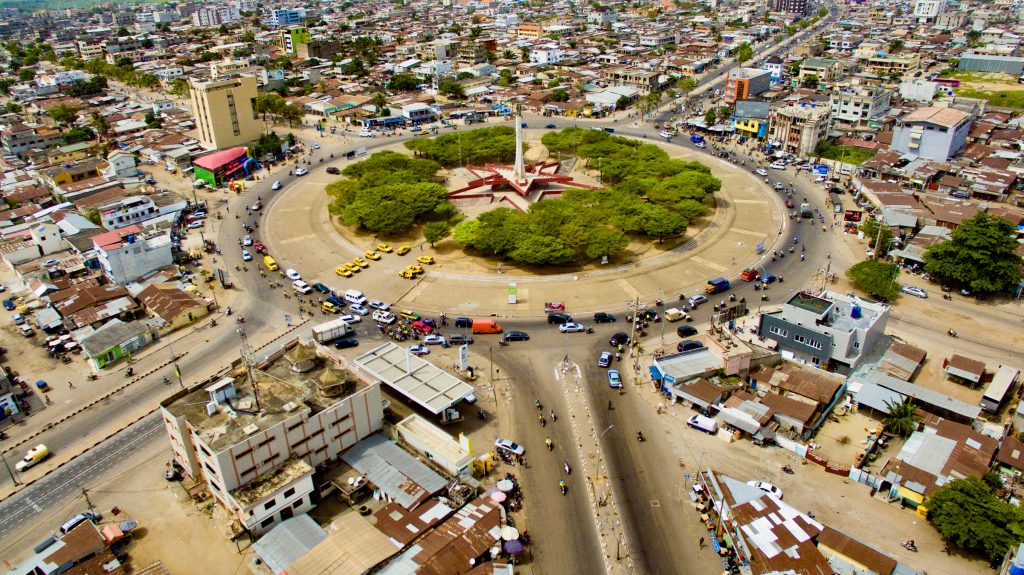
In 6 Months, Benin Has Raised Over 10% of its GDP in Eurobonds
In January, Benin had kicked off Africa’s financial year with a historic €1bn Eurobond issuance split in two tranches. In July, it continued to tap global capital markets and became Africa’s first nation to issue an SDG-link Eurobond that raised another €500m. In total, the small country of 12m people, often overshadowed by its big neighbour Nigeria, managed to raise a historic €1.5bn, representing over 10% of its GDP. A Well Executed Fundraising Programme At the start of the year, Benin already made headlines with its double issuance of €700m (11-year tenor) and €300m (31-year tenor), which it raised at rates of only 4.875% and 6.875% respectively. Both issuances were massively oversubscribed by 300% and mobilized a total of €3bn, demonstrating significant appetite from global investors for Africa’s debt, even that of smaller and often under-estimated nations. While smaller, the €500m issuance of July is nonetheless historic because it represents Africa’s first Eurobond dedicated to the financing of projects linked to the Sustainable Development Goals (SDGs). Once again, it was massively oversubscribed and mobilized a total of €1.2bn. The bond has a very good rate of 5.25% and a tenor of 12.5 years. Benin Builds Investors’ Confidence Shortly after the January issuance, Fitch Ratings revised the outlook on Benin’s long-term foreign-currency Issuer Default Rating (IDR) from stable to positive and affirmed the IDR at ‘B’. Moody’s Investor Service followed in March by upgrading the Government of Benin’s long-term issuer and senior unsecured debt ratings from B2 to B1. Both upgrades were made on the back of strong fiscal consolidation track record, recognized efforts in debt restructuring and rising economic resilience. Benin remains one of Africa’s fastest-growing economies with GDP growth projected at 5% by the IMF this year, and at 5.6% by Fitch Ratings. The medium-term growth prospects are event better with a projected GDP growth rate of over 6% a year over the 2022-2026 period (IMF). What are the Pitfalls? Benin’s latest issuance shows a growing recognition of the benefits of sustainable borrowing from African governments. While Nigeria had been the first African market to issue a sovereign green bond back in 2017, no African nation had yet issued an SDG-link Eurobond. But overall, the country’s Eurobond borrowing strategy also reflects Africa’s growing appetite for external and foreign-currency debt, supported by interest rates often more attractive than on the domestic market. While several countries have seen the debt-to-GDP ratios soar in recent years, Benin’s outstanding public debt is only at about 46.1% of GDP according to 2020 data from the African Development Bank (AfDB). It is expected to average 40.9% of GDP over 2021–22, well below the 70% threshold set by the West African Economic and Monetary Union. As a result, the risk of debt distress remains moderate in the short-term, providing Benin continues to strengthen its domestic resources mobilization, broaden its tax base and diversify its sources of revenue. African markets have raised a significant amount of foreign-currency debt this year. Beside Benin, Côte d’Ivoire notably issued a €850m Eurobond in February (4.3%, 12-year) while Kenya raised $1bn in June by issuing a 12-year Eurobond at 6.3%. All these issuances were massively oversubscribed, further signaling investors’ confidence in the continent’s growth prospects. The last few months of the year will tell if other countries are able to surf on the same wave or not: on October 11th, Nigeria is notably tapping global markets with a Eurobond issuance expected to raise up to $3bn.
Read more »